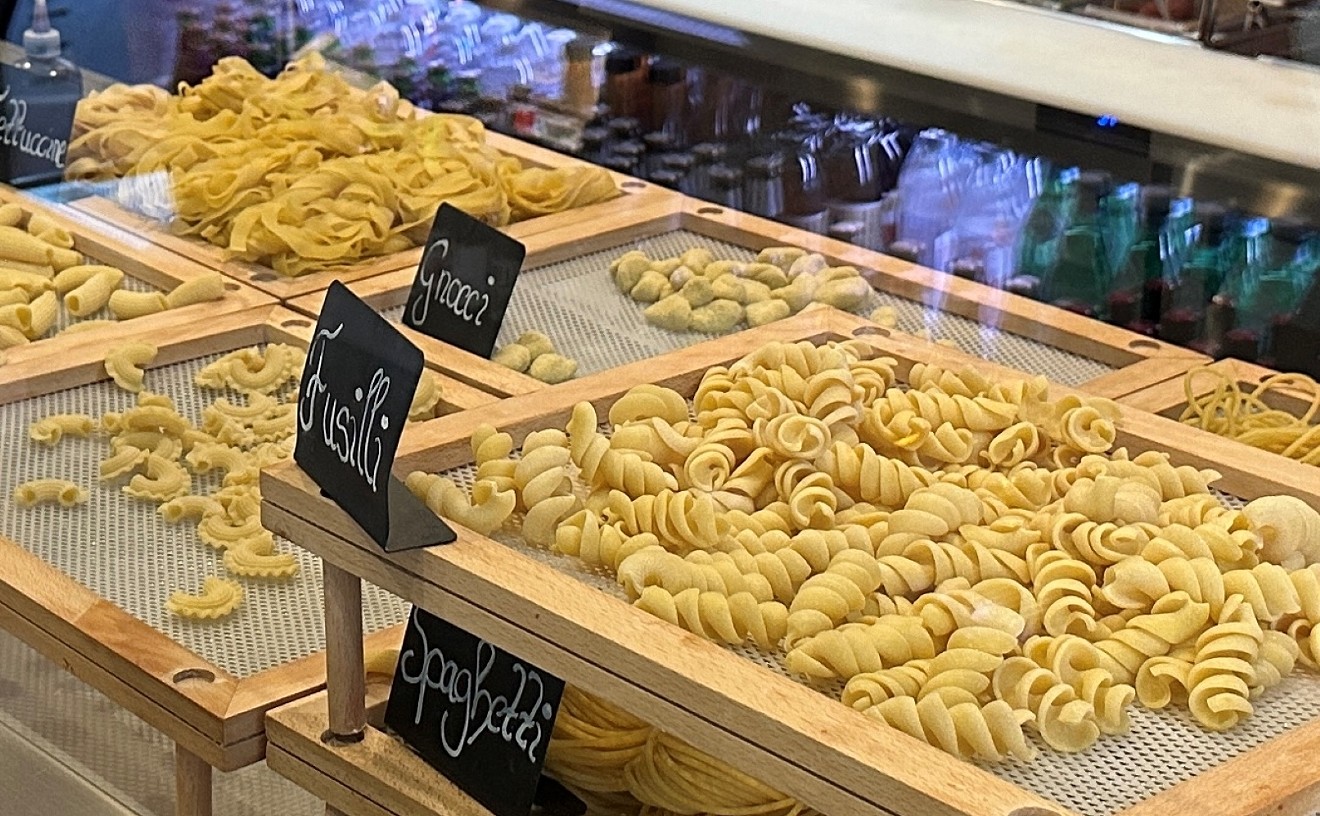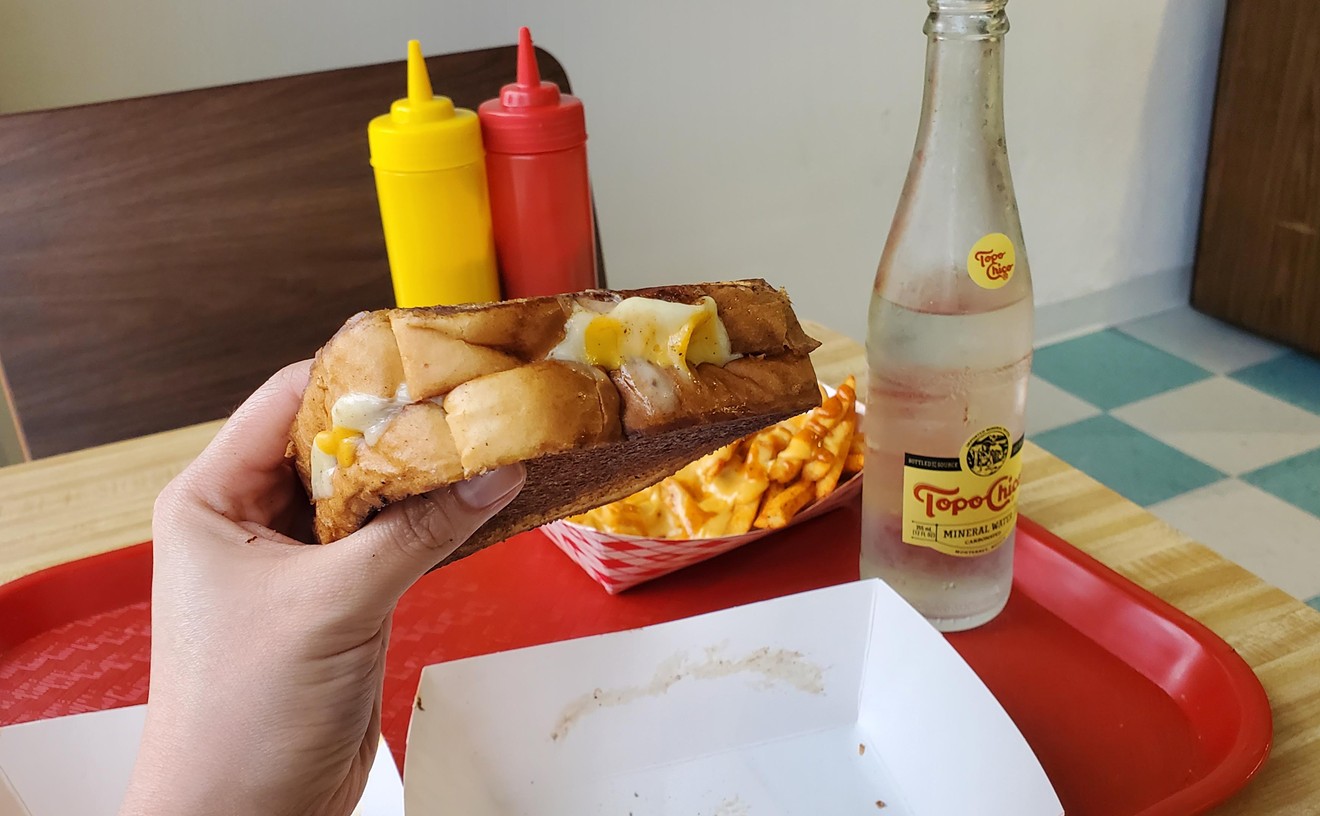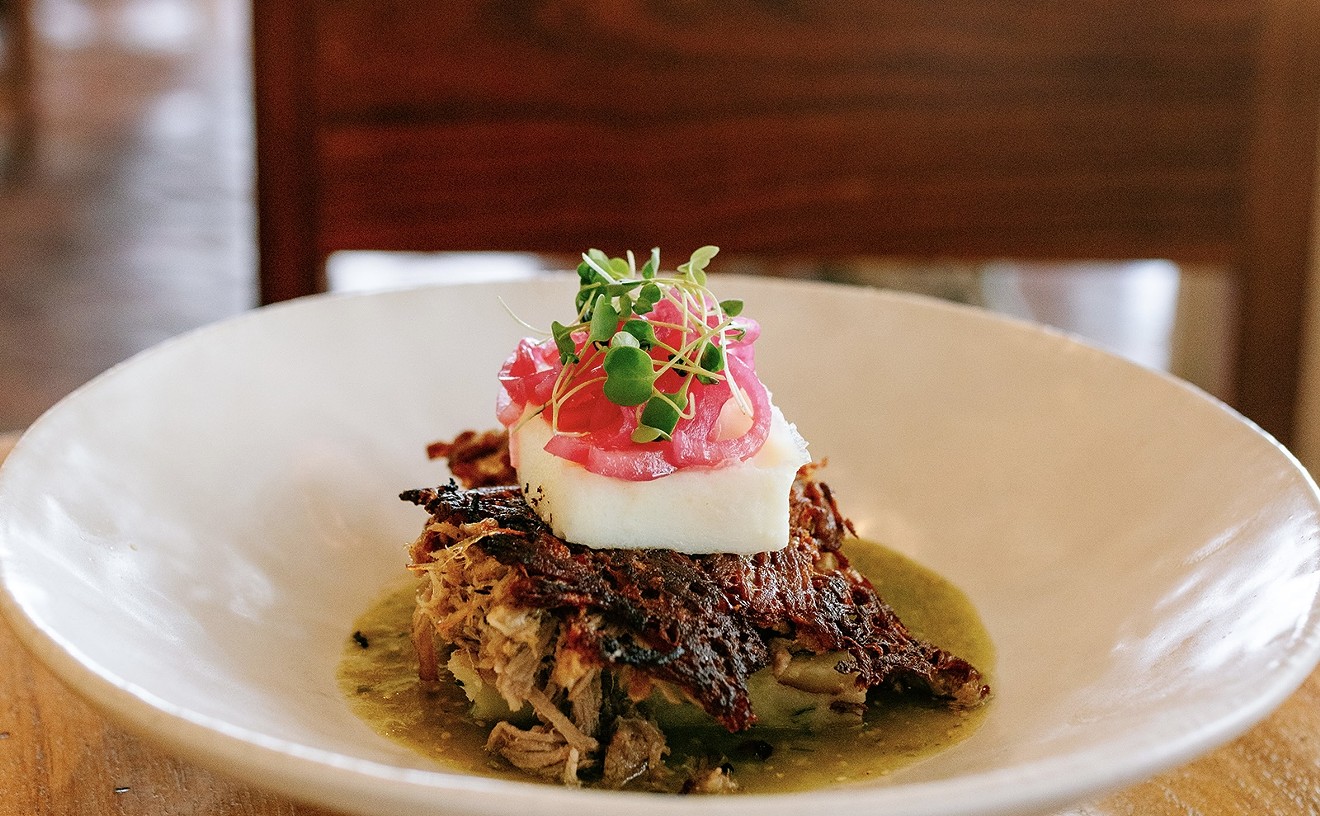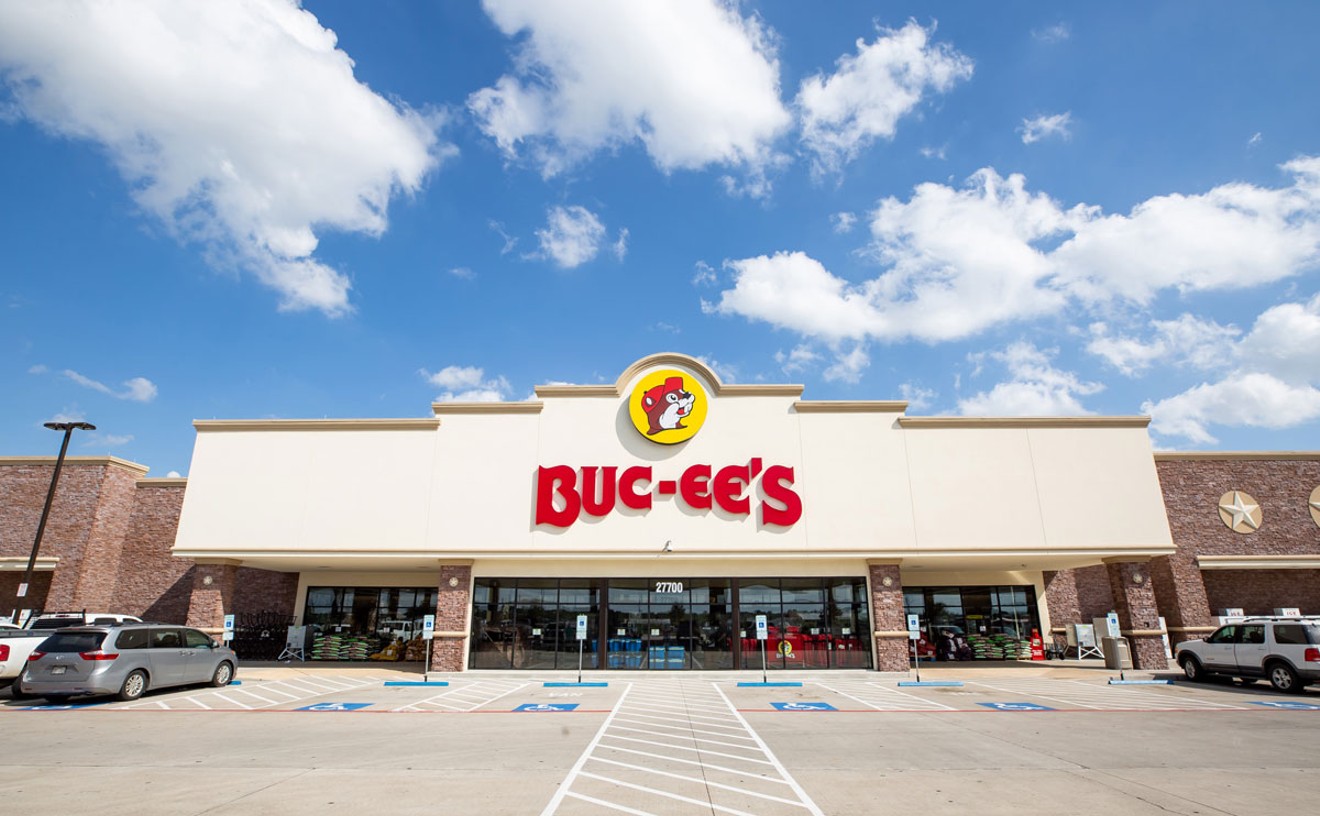Marketing professionals don't get rich overestimating American tastes. In P.T. Barnum's 1855 autobiography, the great pretender pointed out that "at the outset of my career I saw that everything depended upon getting people to think, talk, and become curious and excited about the 'rare spectacle.'" Barnum meant his book as a guide for success in a consumer-based culture. Thousands of new restaurants fail each year, and only a handful last past a second anniversary. Dallas restaurateurs must battle thousands of competitors every day for the attention of fickle patrons. Barnum understood this ideal--"turning every possible circumstance to my account."
While you're kicking back, thinking about dinner plans for the weekend, marketing professionals are sniffing into your personal dining tendencies. Large corporate establishments gather quite a bit of information designed to enhance their sales. They think about advertising campaigns. They plot the changing tastes of different market segments. Olive Garden, for example, added $100 bottles to their wine list (in an effort to appear more Italian), Bennigan's quadrupled the size of their signature beer menu, based upon the spending habits of typical patrons. They also redesigned their menus hoping to squeeze a few extra dollars out of you and your buddies. Chi-Chi's adopted angular shapes after menu experts pointed out that they could improve sales by up to 10 percent through a few simple changes.
"One of the things I've found is that 90 to 95 percent of menus can be improved," reports Bill Paul of The Menu Advantage in Cincinnati. In addition, restaurants employ direct mail, doorknob pamphlets, newspaper ads, community events like A Taste of Dallas, and even Web cameras to attract attention.
While Barnum played on our tackiest tendencies, restaurateurs stick to the basics in the battle for repeat business. "Being in this business is like being on stage," says Barry Tate, owner of The Londoner Pub--oops, Restaurant (the city of Addison doesn't allow use of the word 'pub')--agreeing with old P. T. Tate moves from table to table during a typical evening, engaging customers in light conversation. "People are sick of the corporate environment where the bartender and waitperson can't be themselves," he says.
Tate depends on word-of-mouth to build traffic through his establishment, one block south of Belt Line Road on Midway. The Londoner closed for six months earlier this year as Tate sought a new location for his bar/restaurant. He now must reestablish his name and renew relations with old regulars. "We never advertised because we never had the money," he says, highlighting the difference between the large corporate chains and the single-owner locations. "Ours is a slower marketing process." Tate believes that people want an alternative to the cold, corporate environment of chain establishments. "This is a pub, not a bar," he says, forgetting for a moment that Addison bans threatening words like 'pub' from their official vocabulary. "The difference between a pub and a bar is in a pub, people know you."
This tactic must work. Greg Gonzalez, manager of Blue Goose Cantina, counts himself as an adherent of word-of-mouth marketing. "We have consistent and true customers," Gonzalez says. "Our waiters are friendly, and people don't often get that friendliness. Corporate wait staff are robots giving the same spiel to everyone." Stand-alone retailers--including family-owned restaurants--rarely spend more than two percent of their budget on marketing. They simply can't afford it. Tate, for example, rides around in a borrowed car after repo men grabbed his vehicle. He poured all his cash into his establishment.
Word-of-mouth works and fortunately costs little.
Perhaps the difference between corporate restaurants and single- owner establishments is the amount of marketing knowledge available and the way that knowledge shapes behavior. A solid reputation matters more than the quality of food served at restaurants. Don't believe it? Well, a study by the research firm Wirthlin Worldwide proves that the top companies are one and a half times more likely to receive the benefit of the doubt. Larger establishments can rent billboards (about $5,800 per month, depending on location), hire public relations firms to saturate the media with press releases (roughly $10,000 to $20,000 per month--or more for companies the size of McDonald's), and commission studies by consultants.
Lacking access to those tools, the Londoner's owner must remain patient at his new location. "People won't come flooding through the doors right away," he says realistically. "But the building is picturesque, I'll advertise more than before, and rely on the regulars. By spring we'll be something."










